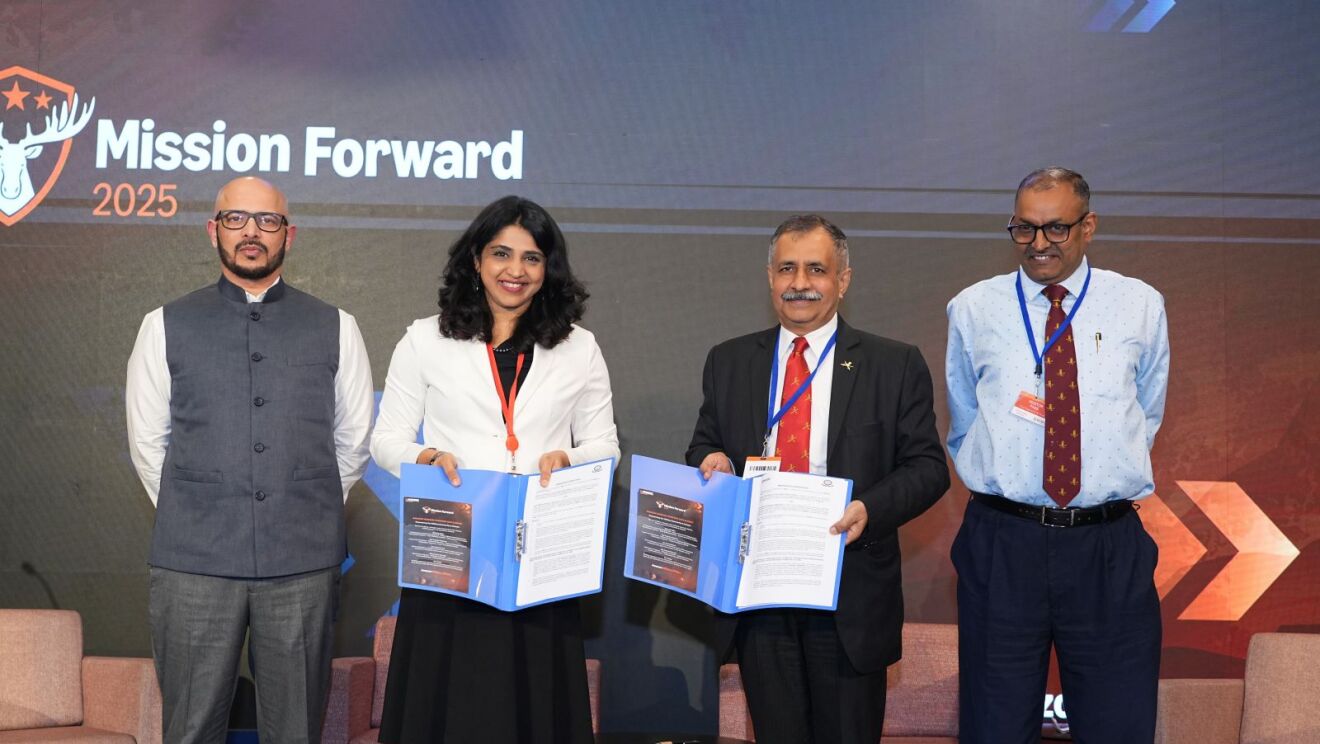I'd rather interview 50 people and not hire anyone than hire the wrong person.
This principle isn’t just a soundbite—it’s the cornerstone of Amazon’s hiring philosophy. In 1999, that philosophy took form in a Seattle conference room with the creation of a unique hiring mechanism: the Bar Raiser Program. More than two decades later, it remains a powerful force ensuring every hire doesn’t just meet expectations—they redefine them.
“The Bar Raiser program has become far more structured today, with access to a wealth of resources—including AI tools,” says Abanith Vishwam, Senior Manager, Recruitment, and a Bar Raiser at Amazon. “But at its core, it’s still about hiring the right people who will take us further.”
Who is a bar raiser?
Bar raisers are experienced Amazon interviewers trained to uphold long-term hiring quality. They don’t represent the hiring manager or the team, which gives them the neutrality to evaluate candidates through an unbiased lens. Their role is to guide interviews, bring rigour to debriefs, and ensure Amazon’s Leadership Principles are upheld in every hiring decision.
“The program is a true testimony to Amazon's long-term thinking,” says Prashant Kumar, Senior Manager, Program Management, and a Bar Raiser. “We don’t just tally interview votes—we debate, dissect, and deliberate until we’re confident the candidate will thrive here.”
Prashant recalls interviewing a candidate whose vision exceeded the role’s scope.
“Years later, I worked with them again and saw them lead breakthrough innovations. That’s the impact of hiring not just for today, but for tomorrow.”
How to stand out: Interviewing advice from Amazon’s bar raisers
Through thousands of interviews across roles, bar raisers have developed a strong sense of what makes a candidate shine. If you’re preparing for an Amazon interview, here’s what to keep in mind:
1. Let your stories reflect the Leadership Principles
“I often see candidates try to force-fit the LPs into their responses,” says Abanith. “But the strongest candidates don’t need to name them—they live them. Their stories naturally reflect customer obsession, ownership, or bias for action.”
2. Use data to bring your impact to life
“I always look for structured evidence,” shares Zohaib Mohammed, Manager, Sourcing, and a bar raiser. “Whether it’s performance metrics, stakeholder alignment, or decision rationale—bring data to the table. That’s how we separate vague claims from real contributions.”
3. Demonstrate clear judgement
“Especially in Program or Product roles, I want to understand how you made a tough decision,” says Prashant. “Who did you consult? What trade-offs did you consider? The thinking process is often more important than the result.”
4. Communicate with clarity across levels
“I value candidates who can tailor their communication,” says Zohaib. “Whether you’re simplifying a roadmap for a VP or aligning details with engineers—adaptability is key. It's a strong signal of leadership.”
5. Think big, then execute with discipline
“Vision is great, but execution is everything,” adds Abanith. “I want to know how you translated an ambitious idea into milestones, handled ambiguity, and delivered results.”
Why the program still matters
The Bar Raiser program doesn’t just protect Amazon’s hiring bar—it actively raises it. As Rajeev Sharma, Director, Talent Acquisition, explains, “What sets the program apart is our focus on long-term potential over short-term fit. We’re hiring for what someone can grow into—not just what they can do today.”
With Amazon’s rapid global expansion, bar raisers have become even more critical in ensuring consistency across geographies and functions. As Abanith notes, “The size of the company has grown exponentially. Many new interviewers are still learning. Bar raisers help anchor the process with structure and objectivity.”
The role isn’t just transformative for candidates—it shapes leaders too. “When top candidates walk me through the hardest problems they’ve solved, it sharpens my thinking,” says Prashant. “I’ve become a better leader through this process—more thoughtful, more precise.”
Beyond the interview
Bar raisers aren’t here to gatekeep—they’re here to identify people who can help build what’s next. Their goal is to bring out your best, with fairness and consistency. “We root for every candidate,” Zohaib reflects. “But our responsibility is to hire for long-term success. That means we’re looking not just for answers—but for how you think, act, and lead.”
Because in the end, excellence isn’t accidental. The bar doesn’t raise itself.
Learn more about interviewing at Amazon: How We Hire
Explore Amazon’s Leadership Principles: Leadership Principles









